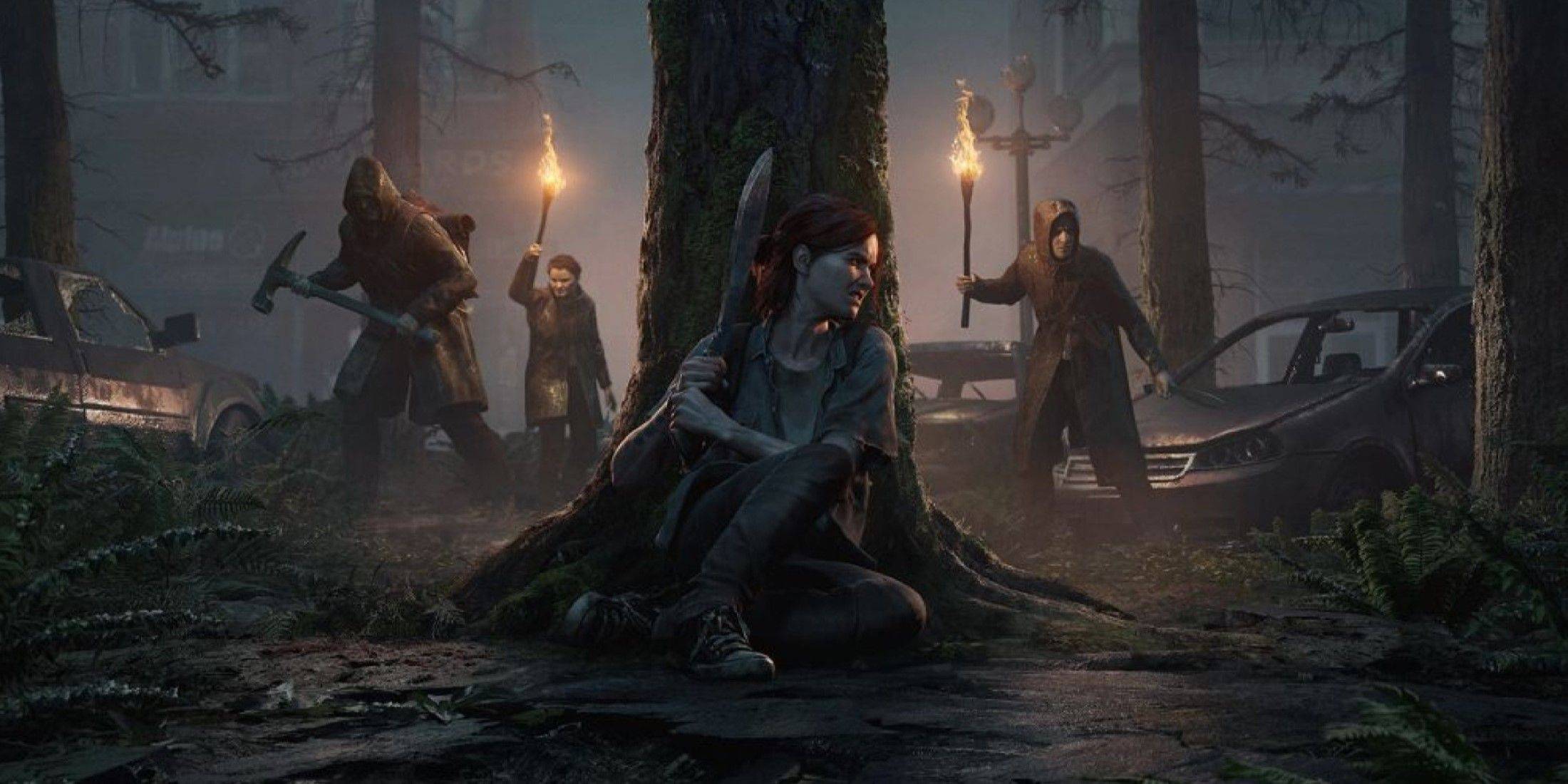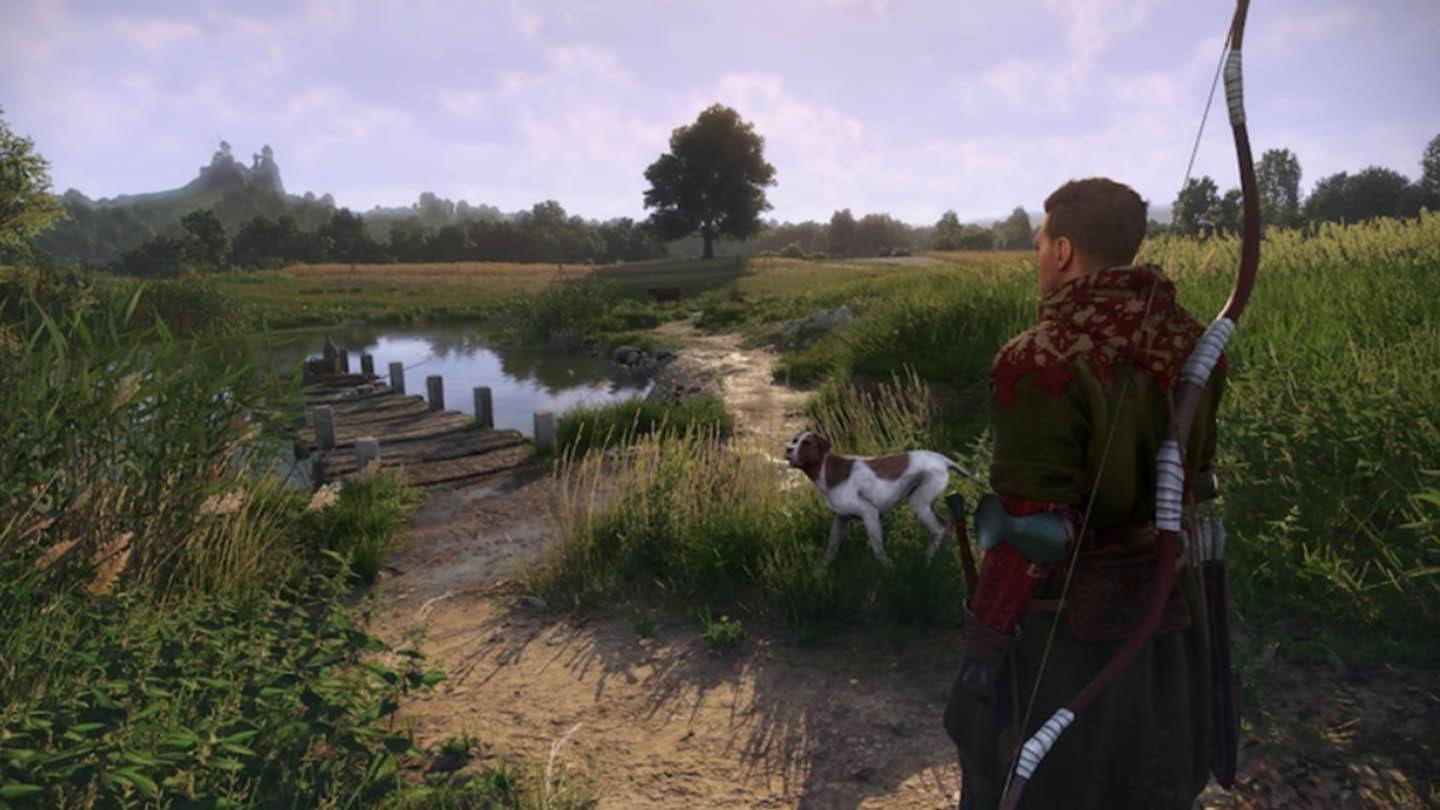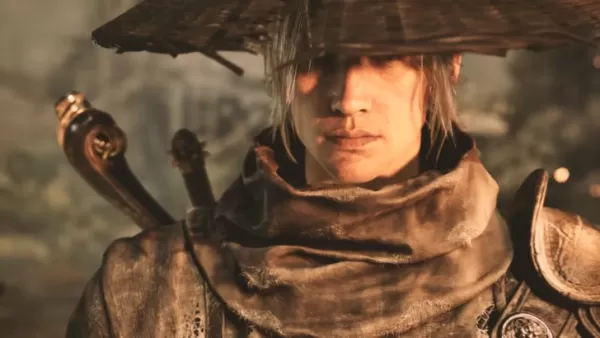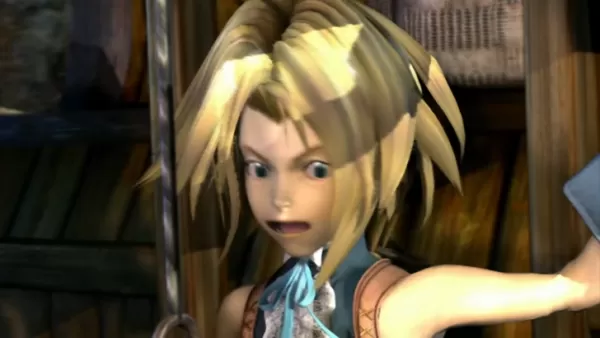Nintendo's AI Stance: No Generative AI in Games
- By Liam
- Dec 10,2024
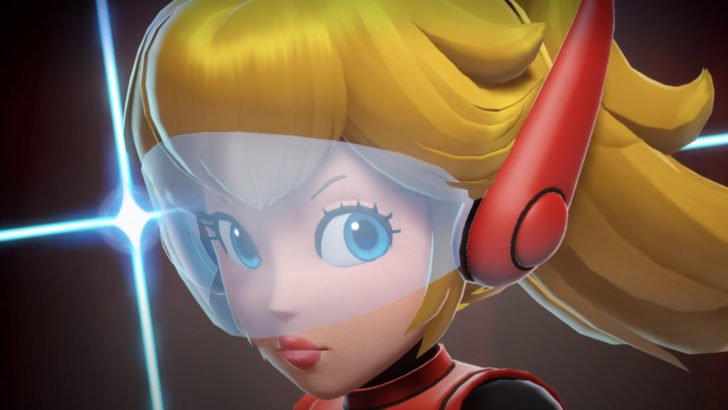
Nintendo's President, Shuntaro Furukawa, recently announced the company's decision to avoid integrating generative AI into its game development pipeline. This strategic choice, revealed during an investor Q&A, stems from concerns about intellectual property (IP) rights and the potential for copyright infringement inherent in using such technologies.
While acknowledging AI's longstanding role in game development – particularly in NPC behavior control – Furukawa distinguished between traditional AI and the newer generative AI capable of creating original content like text, images, and videos. He highlighted the creative potential of generative AI but emphasized the significant risks associated with IP infringement. The potential for generative AI to inadvertently replicate or utilize copyrighted material is a primary concern for Nintendo.
Furukawa underscored Nintendo's commitment to its unique game development approach, built on decades of experience and a focus on delivering distinctive player experiences. He reiterated the company's dedication to creating value that transcends mere technological advancements. This stance contrasts with other industry leaders like Ubisoft, Square Enix, and EA, who are actively exploring and integrating generative AI into their development processes. While companies like Ubisoft view generative AI as a tool to enhance existing workflows, Nintendo prioritizes its established methods and the preservation of its IP.
In essence, Nintendo's cautious approach prioritizes its established development philosophy and the protection of its intellectual property over the immediate adoption of potentially risky, albeit innovative, technologies.
Latest News
more >-
-

-
- Codemasters Ends Rally Game Series
- Jan 30,2026
-
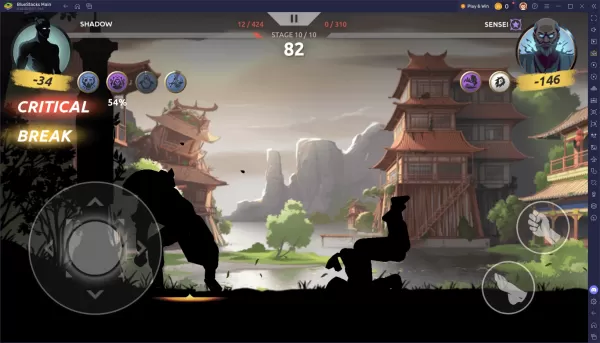
- Shadow Fight Roguelike: Mastering Every Rift Run
- Jan 30,2026
-
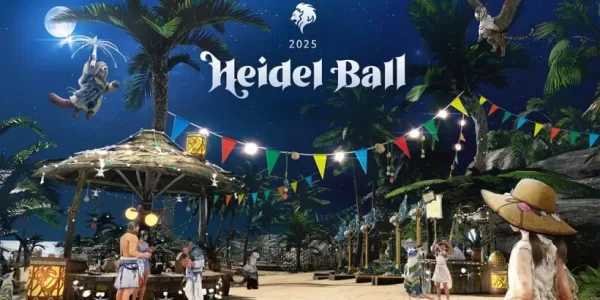
- Black Desert Mobile Unveils 'Heidel Ball 2025'
- Jan 29,2026
